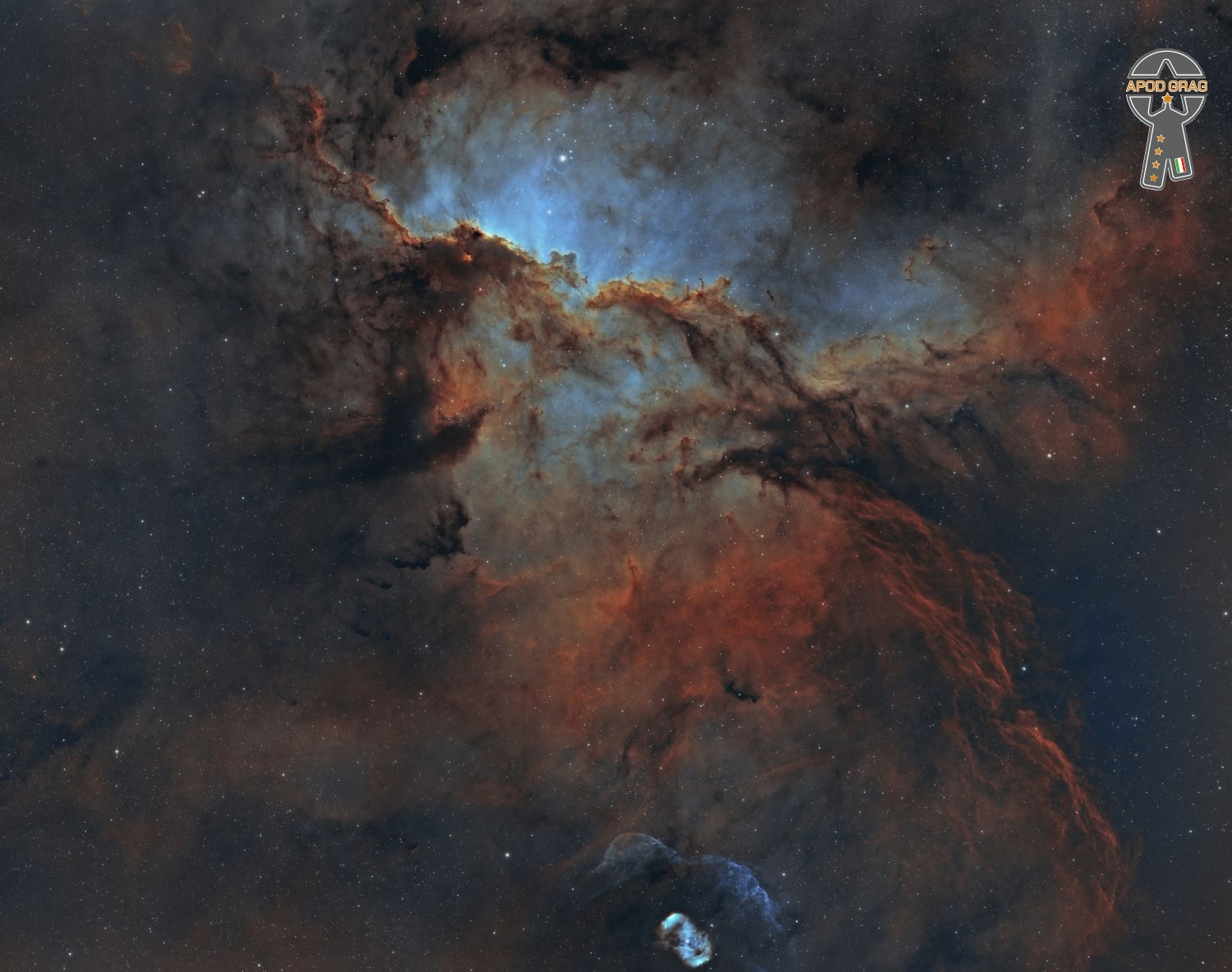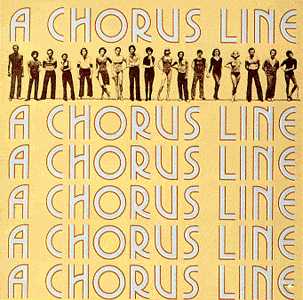Blog
Michael Shrieve (born July 6, 1949) is an American drummer, percussionist, and composer. He is best known as the drummer of the rock band Santana, playing on the band’s first seven albums from 1969 to 1974. At age 20, Shrieve was the youngest musician to perform at Woodstock. His drum solo during “Soul Sacrifice” in the Woodstock film has been described as “electrifying”, although he considers his solo during the same piece in 1970 at Tanglewood the superior performance.
Shrieve’s first full-time band was called Glass Menagerie, followed by experience in the house band of an R&B club, backing touring musicians including B.B. King and Etta James. At 16, Shrieve played in a jam session at the Fillmore Auditorium, where he attracted the attention of Santana‘s manager, Stan Marcum. When he was 19, Shrieve jammed with Santana at a recording studio and was invited to join that day.
On August 16, 1969, Santana played the Woodstock Festival, shortly after Shrieve’s twentieth birthday, but before the release of their eponymous first album (1969).
more...Louie Bellson (born Luigi Paolino Alfredo Francesco Antonio Balassoni, July 6, 1924 – February 14, 2009), often seen in sources as Louis Bellson, although he himself preferred the spelling Louie, was an American jazz drummer. He was a composer, arranger, bandleader, and jazz educator, and is credited with pioneering the use of two bass drums.
Bellson performed in most of the major capitals around the world. Bellson and his wife, actress and singer Pearl Bailey (married from 1952 until Bailey’s death in 1990), had the second highest number of appearances at the White House (only Bob Hope had more).
Bellson was a vice president at Remo, a drum company. He was inducted into the Modern Drummer Hall of Fame in 1985.
Bellson was born in Rock Falls, Illinois, in 1924, where his father owned a music store. He started playing drums at three years of age. While still a young child, Bellson’s father moved the family and music store to Moline, Illinois. At 15, he pioneered using two bass drums at the same time, a technique he invented in his high school art class. At age 17, he triumphed over 40,000 drummers to win the Slingerland National Gene Krupa contest.
more...Dark shapes with bright edges winging their way through dusty NGC 6188 are tens of light-years long. The emission nebula is found near the edge of an otherwise dark large molecular cloud in the southern constellation Ara, about 4,000 light-years away. Born in that region only a few million years ago, the massive young stars of the embedded Ara OB1 association sculpt the fantastic shapes and power the nebular glow with stellar winds and intense ultraviolet radiation. The recent star formation itself was likely triggered by winds and supernova explosions, from previous generations of massive stars, that swept up and compressed the molecular gas. With image data from the Chilescope Observatory, a false-color Hubble palette was used to create this gorgeous wide-field image and shows emission from sulfur, hydrogen, and oxygen atoms in red, green, and blue hues. The field of view spans about four full Moons, corresponding to about 150 light years at the estimated distance of NGC 6188.

Arthur Murray Blythe (May 7, 1940 – March 27, 2017) was an American jazz alto saxophonist and composer. He was described by critic Chris Kelsey as displaying “one of the most easily recognizable alto sax sounds in jazz, big and round, with a fast, wide vibrato and an aggressive, precise manner of phrasing” and furthermore as straddling the avant garde and traditionalist jazz, often with bands featuring unusual instrumentation.
Born in Los Angeles, Blythe lived in San Diego, returning to Los Angeles when he was 19 years old. He took up the alto saxophoneat the age of nine, playing R&B until his mid-teens when he discovered jazz. In the mid-1960s, Blythe was part of the Underground Musicians and Artists Association (UGMAA), founded by Horace Tapscott, on whose 1969 The Giant Is Awakened he made his recording debut.
more...Inayat Khan Rehmat Khan (Urdu: عنایت خان رحمت خان) (5 July 1882 – 5 February 1927) was an Indian professor of musicology, singer, exponent of the saraswati vina, poet, philosopher, and pioneer of the transmission of Sufism to the West. At the urging of his students, and on the basis of his ancestral Sufi tradition and four-fold training and authorization at the hands of Sayyid Abu Hashim Madani (d. 1907) of Hyderabad, he established an order of Sufism (the Sufi Order) in London in 1914. By the time of his death in 1927, centers had been established throughout Europe and North America, and multiple volumes of his teachings had been published.
more...The original idea was to photograph an aurora over a waterfall. After waiting for hours under opaque clouds, though, hope was running out. Others left. Then, unexpectedly, the clouds moved away. Suddenly, particles from a large solar magnetic storm were visible impacting the Earth’s upper atmosphere with full effect. The night sky filled with colors and motion in a thrilling auroral display. Struggling to steady the camera from high Earthly winds, the 34 exposures that compose the featured image were taken. The resulting featured composite image shows the photogenic Godafoss (Goðafoss) waterfall in northern Iceland in front of a very active aurora in late February. The solar surface explosion that expelled the energetic particles occurred a few days before. Our Sun is showing an impressive amount of surface activity as it approaches solar maximum, indicating that more impressive auroras are likely to appear in Earth’s northern and southern sky over the next few years.

more...
Fred Wesley (born July 4, 1943) is an American trombonist who worked with James Brown in the 1960s and 1970s and Parliament-Funkadelic in the second half of the 1970s.
Wesley was born the son of a high school teacher and big band leader in Columbus, Georgia, and raised in Mobile, Alabama. As a child he took piano and later trumpet lessons. He played baritone horn and trombone in school, and at around age 12 his father brought a trombone home, whereupon he switched (eventually permanently) to trombone.
During the 1960s and 1970s, he was a pivotal member of James Brown‘s bands, playing on many hit recordings including “Say it Loud – I’m Black and I’m Proud,” “Mother Popcorn” and co-writing tunes such as “Hot Pants.” His slippery riffs and pungent, precise solos, complementing those of saxophonist Maceo Parker, gave Brown’s R&B, soul, and funk tunes their instrumental punch. In the 1970s he also served as band leader and musical director of Brown’s band the J.B.’s and did much of the composing and arranging for the group.
more...William Harrison Withers Jr. (July 4, 1938 – March 30, 2020) was an American singer and songwriter. He had several hits over a career spanning 18 years, including “Ain’t No Sunshine” (1971), “Grandma’s Hands” (1971), “Use Me” (1972), “Lean on Me” (1972), “Lovely Day” (1977) and “Just the Two of Us” (1981). Withers won three Grammy Awards and was nominated for six more. His life was the subject of the 2009 documentary film Still Bill. Withers was inducted into the Songwriters Hall of Fame in 2005 and Rock and Roll Hall of Fame in 2015. Two of his songs were inducted into the Grammy Hall of Fame.
William Harrison Withers Jr., the youngest of six children, was born in the small coal mining town of Slab Fork, West Virginia, on July 4, 1938.
more...
The spiral galaxy UGC 11860 seems to float serenely against a field of background galaxies in this image from the NASA/ESA Hubble Space Telescope. UGC 11860 lies around 184 million light-years away in the constellation Pegasus, and its untroubled appearance can be deceiving; this galaxy recently played host to an almost unimaginably energetic stellar explosion. A supernova explosion — the catastrophically violent end of a massive star’s life — was detected in UGC 11860 in 2014 by a robotic telescope dedicated to scouring the skies for transient astronomical phenomena; astronomical objects which are only visible for a short period of time. Two different teams of astronomers used Hubble’s Wide Field Camera 3 to search through the aftermath and unpick the lingering remnants of this vast cosmic explosion. One team explored UGC 11860 to understand more about the progenitor star systems that eventually meet their demise in supernovae. The unimaginably energetic environment during supernova explosions is predominantly responsible for forging the elements between silicon and nickel on the periodic table. This means that understanding the influence of progenitor star systems’ masses and compositions is vital to explaining how many of the chemical elements here on Earth originated. The other group of astronomers used Hubble to follow up supernovae that were detected by robotic telescopes. These automated eyes on the sky function without the intervention of humans, and capture transient events in the night sky. Robotic telescopes allow astronomers to detect everything from unexpected asteroids to rare, unpredictable supernovae, and can identify intriguing objects that can then be investigated in more detail by powerful telescopes such as Hubble. [Image Description: A spiral galaxy, a fuzzy oval tilted diagonally and partially towards the viewer. The centre glows in warm colours, and has two prominent spiral arms around it, with bright points of star formation.

David Keith Lynch (born January 20, 1946 Missula, MO) is an American filmmaker, visual artist, musician and actor. A recipient of an Academy Honorary Award in 2019, Lynch has received acclaim for his independent films, which have been described as often involving elements of surrealism and film noir. He has received numerous accolades, including the Golden Lion in 2006 and an Honorary Academy Award in 2019.
Lynch studied painting before he began making short films in the late 1960s. His first feature-length film was Eraserhead (1977). He received nominations for the Academy Award for Best Director for The Elephant Man(1980), Blue Velvet (1986), and Mulholland Drive (2001). His film Wild at Heart (1990) earned the Cannes Film Festival’s Palme d’Or. Other notable films include Dune (1984), Lost Highway (1997), and Inland Empire(2006). Lynch and Mark Frost created the ABC series Twin Peaks (1990–1991), and Lynch co-wrote and directed its film prequel, Twin Peaks: Fire Walk with Me (1992) and the limited series Twin Peaks: The Return(2017). He also portrayed Gordon Cole in the Twin Peaks projects.
Lynch’s other artistic endeavors include his work as a musician, encompassing the studio albums BlueBOB(2001), Crazy Clown Time (2011), and The Big Dream (2013) as well as painting and photography. He has written the books Images (1994), Catching the Big Fish (2006), and Room to Dream (2018). He has also directed several music videos for artists such as Chris Isaak, X Japan, Moby, Interpol, Nine Inch Nails, and Donovan, and commercials for Calvin Klein, Dior, L’Oreal, Yves Saint Laurent, Gucci, and the New York City Department of Sanitation.
more...John Coles (July 3, 1926 – December 21, 1997) was an American jazz trumpeter. Coles was born in Trenton, New Jersey on July 3, 1926. He grew up in Philadelphia and was self-taught on trumpet.
Coles spent his early career playing with R&B groups, including those of Eddie Vinson (1948–1951), Bull Moose Jackson (1952), and Earl Bostic (1955–1956). He was with James Moody from 1956 to 1958, and played with Gil Evans‘s orchestra between 1958 and 1964, including for the album Out of the Cool. After this he spent time with Charles Mingus in his sextet which also included Eric Dolphy, Clifford Jordan, Jaki Byard, and Dannie Richmond. Following this he played with Herbie Hancock (1968–1969), Ray Charles(1969–1971), Duke Ellington (1971–1974), Art Blakey (1976), Dameronia, Mingus Dynasty, and the Count Basie Orchestra under the direction of Thad Jones (1985–1986).
In 1985 Coles settled in the San Francisco Bay area; he recorded with Frank Morgan and Chico Freeman the following year. After his return to Philadelphia in 1989 he again worked with Morgan and was part of Gene Harris‘s Philip Morris Superband. In 1990 he recorded with Charles Earland and Buck Hill. Coles recorded as a leader several times over the course of his career. He died of cancer on December 21, 1997 in Philadelphia.
more...Lonnie Smith (July 3, 1942 – September 28, 2021), styled Dr. Lonnie Smith, was an American jazz Hammond B3 organist who was a member of the George Benson quartet in the 1960s. He recorded albums with saxophonist Lou Donaldson for Blue Note before being signed as a solo act. He owned the label Pilgrimage, and was named the year’s best organist by the Jazz Journalists Association nine times.
Smith was born in Lackawanna, New York, on July 3, 1942. He was raised by his mother and stepfather,and the family had a vocal group and radio program. He stated that his mother was a major influence on him musically, as she introduced him to gospel, classical, and jazz music.
Smith was part of several vocal ensembles in the 1950s, including the Teen Kings which included Grover Washington Jr., on sax and his brother Daryl on drums. Art Kubera, the owner of a local music store, gave Smith his first organ, a Hammond B3.
Smith’s affinity for R&B mixed with his own personal style as he became active in the local music scene. He moved to New York City in 1965, where he met George Benson, the guitarist for Jack McDuff‘s band. Benson and Smith connected on a personal level, and the two formed the George Benson Quartet, featuring Lonnie Smith, in 1966.
more...More Posts
- Bertie King Day
- World Music with Bholoja
- Daily Roots with Alton Ellis
- The Cosmos with NGC 6188/93
- Paul McCartney Day
- Sugarcane Harris Day
- Ray McKinley Day
- World Music with Canzoniere Grecanico Salentino
- Daily Roots with George Allen
- The Cosmos with NGC 7773
- Tony Scott Day
- Chuck Rainey Day
- Igor Stravinsky Day
- World Music with Dolma Renqingi & Kelsang Hula
- Daily Roots with Burning Spear
- Happy Fathers Day 2019
- The Cosmos with M27
- Tom Harrell Day
- Lucky Thompson Day
- World Music with Mamadou Kelly
